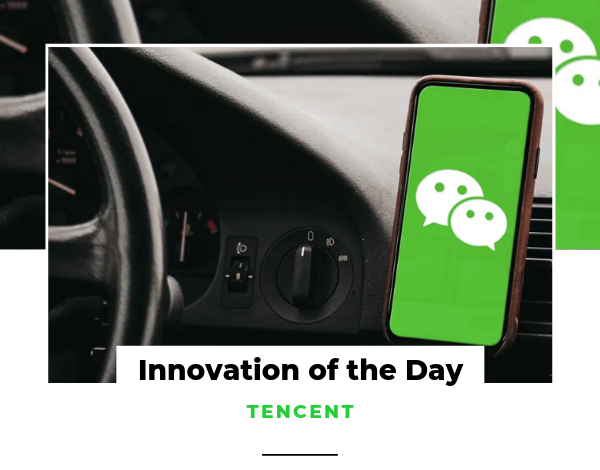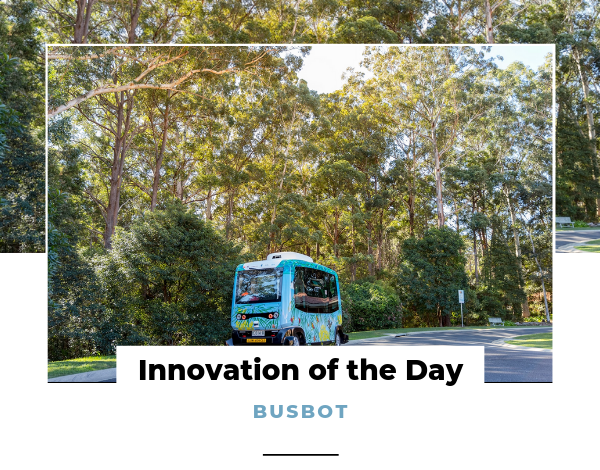
This is a B2C innovation example pulled from TrendWatching's Innovation Database.
Cainiao, Alibaba’s logistics arm, announced that November 20 will be ‘National Cardboard Box Recycling Day’. The event is timed to follow today’s (11.11) Singles’ Day shopping extravaganza, which at the time of writing had generated over US$30 billion in sales and 1 billion orders. The company will turn its 75,000 delivery outlets into recycling hubs, and customers will be able to earn bonus ‘green points’ in Alibaba’s Ant Forest sustainable living mini-program.
We’re not going to take a position here on whether Singles’ Day is the world’s biggest shopping day, or an overhyped marketing stunt (probably a bit of both!). Instead, we want to take a moment to look at what this announcement tells us about global consumerism.
Top-down: eco-regulation. China continues to make huge strides in its quest to lead the green revolution. It might not be a world-leader when it comes to recycling currently, but don’t doubt its ability to catch up and even leapfrog more established markets when it comes to implementing sustainable initiatives. Just a few snapshots: in 2018, China’s renewable energy consumption was 38% bigger than the US’, and three times Germany’s; its epic tree-planting projects mean China has accounted for a quarter of all global human-caused greening since 2000 (despite only having 6.3% of the world’s landmass); the country has more than 400,000 electric buses (the U.K. has 377!). Earlier this year, Shanghai imposed strict new recycling laws, which has helped raise awareness of waste issues.
Bottom-up: eco-expectations. When it comes to e-commerce, Chinse consumers are the world’s most sophisticated and demanding. They’re used to 30-minute delivery, AI-powered staffless medical booths and endless other hyper-convenient services. However, Chinese consumers (like consumers everywhere!) are increasingly aware of the environmental cost of all this convenience, and as a result will embrace sustainable solutions that help resolve this tension. For example, over half report choosing sharing economy platforms as a way to help the environment. Similarly, Ant Forest enables people to earn points for sustainable behavior. Since 2016, its 500 million users have helped the company plant over 100 million trees!
Today’s takeaway: we ALL have a long, long way to go to reduce the impact of our consumerism. One rich source of eco-inspiration in the coming years? China!
Want to receive B2C innovations, every weekday, straight to your inbox?
Received daily by 100k+ business professionals in 180+ countries.
Read now »
More innovations






